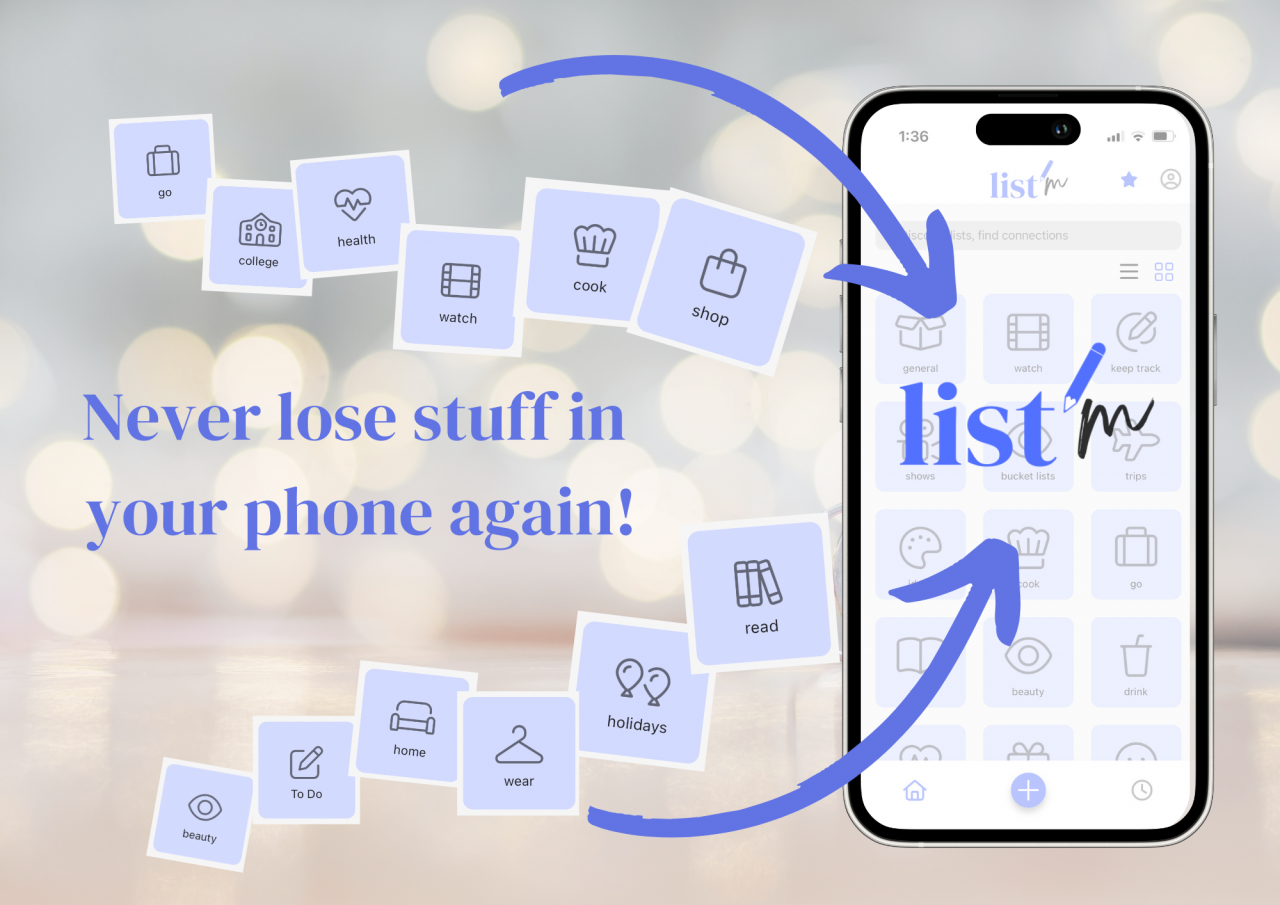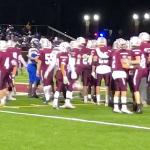Part 2: Four Strategies to Help Our Kids Rethink “Purpose”
(11 minute listen)
(Click here to read or hear Part 1: 8 minute listen)
 Last week, I raised the possibility that the way we are encouraging our kids is toxic to their mental health. Even if you are the most self-aware, laid back parent, your kids are still getting lots of messaging from the outside that could be preventing them from enjoying robust mental health. In my home, I accept I’m at least partly to blame. Knowing what I know about the importance of focusing on the moment, how this is one of the best antidotes to anxiety, should I be better? Of course, I should, but I am only a human parent, flawed and worried and reactive. I do try though. When I feel myself stressing about the future, something I can do very little to control, there are strategies and steps to walk this back. Being an intentional parent does not mean you are perfect. It simply means you acknowledge your role in your child’s health, and you are thoughtful and proactive about improving it when you can.
Last week, I raised the possibility that the way we are encouraging our kids is toxic to their mental health. Even if you are the most self-aware, laid back parent, your kids are still getting lots of messaging from the outside that could be preventing them from enjoying robust mental health. In my home, I accept I’m at least partly to blame. Knowing what I know about the importance of focusing on the moment, how this is one of the best antidotes to anxiety, should I be better? Of course, I should, but I am only a human parent, flawed and worried and reactive. I do try though. When I feel myself stressing about the future, something I can do very little to control, there are strategies and steps to walk this back. Being an intentional parent does not mean you are perfect. It simply means you acknowledge your role in your child’s health, and you are thoughtful and proactive about improving it when you can.
How does this tie into purpose? Allow me to repeat the definition I quoted last week. This is from the World Health Organization. “Mental health is a state of well-being in which every individual is able to realize his/her own potential, can cope with the normal stresses of life, work productively and make a contribution to his/her family and community.” When I look at it through the lens of being a mom, and I break it down, this is what I hear. “A state of well-being in which every individual is able to realize his/her own potential.” This underscores the importance of seeing my children as individuals with specific strengths and weakness and being realistic about what they can achieve. “Can cope with the normal stresses of life,” tells me two things. I can and should prioritize stress reduction, while accepting they will have challenges and dealing with these will help them understand they are capable of doing hard things. “Work productively,” yes, their first priority is school, and I want them to do their best, but it is important to help them find value in doing their best for what it means to them today, for the simple gratification of a job well done. And, finally, “make a contribution to his/her family and community.” If I had to say the one area we are failing as a generation of parents the most, it would be here. Too often our kids are told, directly or indirectly, their whole purpose is to succeed later, and that any present success is a simply a stepping stone on a lake whose distant shore is invisible. Contributions to community are lines on a college application, more important for what they mean in the future than what they mean in the present.
If we accept that joy is found in the present, and if we want our kids to experience joy and be mentally well in their childhood, can we be intentional in helping them find the purpose in the now? I know we can and am going to share just a few ways to make this more simple. These strategies can easily also be adopted to help anyone, including ourselves, redefine our purpose for today. I know some of you like acronyms. I do too, but I sometimes having a hard time remembering the acronym, which renders the whole thing totally useless to me.
In this case, the acronym came easy, so if it is at all helpful, and you are working on grounding yourself as a parent or as a person and want a way to remember it, think PAGE. P.A.G.E.
Pause – There may be no greater tool in any relationship than simply taking a beat or a breath. We talk about it a lot when we are triggered by something, how that breath gives us pause to respond more thoughtfully and appropriately. What about when you aren’t triggered, but rather excited. When your child is enthusiastic about something, don’t interrupt. Our parent brain too often hears “I got a 98 on my English paper,” and jumps to, “Maybe you’ll be a famous writer someday.” We just spoiled a great moment by layering unnecessary pressure onto it. Breathe. Try something like, “Wow! That’s so cool. Well done!”
Ask – Secondly, be curious about what your child is going through right now. Ask open-ended but specific questions. In the English paper example, you can say, “Do you feel like telling me what it was about?” or “What did it feel like when you saw that grade?” or “Was it an interesting topic to you?” Try not to discuss what this means bigger picture or to say, “See, if you worked this hard on everything, imagine what your grades would be.” Your child is excited and proud. Let him stay there as long as possible. When your child is having a hard time, questions that stick to the issue at hand are often far better at helping him through the tough stuff than those that assign even more importance. Imagine you came home from work after a hard, frustrating day and your partner responded to your struggle with, “Oh geez, do you think you’ll be able to keep your job? or “How will this impact your bonus?” Regardless of what every show and movie would have us think, not everything needs to be a life lesson.
Gratitude – Gratitude is as overused as wellness, but it is just as important and so intrinsically tied. Grateful almost always lives in the moment. Being grateful for our health right now eases the fear of becoming sick down the road. When we are grateful for our family, it eases worries around other relationships. When we help our kids learn gratitude, we are showing them the gift of the right now. “Thank you in advance” is a phrase we use to get people to do what we are asking of them, like “Thank you in advance for your prompt attention to this.” Practically speaking, it doesn’t really make any sense. Appreciation is the work of today not tomorrow.
Exemplify – And, as always, the hardest parenting strategy. Sorry but it is very true that your kids will do what you do, not what you say. You can say, “Don’t worry” until your throat is dry, but it will mean very little if your kids see you as constantly worried. You can say, “College doesn’t matter” but if you are constantly worried about their future, they will be as well. Stay here with them. Talk about your small, daily accomplishments and how they make you feel — right now. Involve them in your glimmers and when they are old enough, even in your triggers. Embrace the good for the joy it brings in the moment. Discuss the bad and then show them how you can let it go and move on.
Generally, simply being mindful that this overemphasis about who they will become is tarnishing who they are is of value. Our children are already growing up too quickly. Our 10 year old girls are obsessed with skin care and our 10 year old boys are checking out muscle building workouts. Both are exposed to more than their minds can process. It is up to us to help them slow it all down and create the space to let them do the most important work of childhood — being a kid and enjoying all the freedoms and joys it brings.
RECOMMENDATION: THE APP THAT SIMPLIFIES YOUR LIFE





















